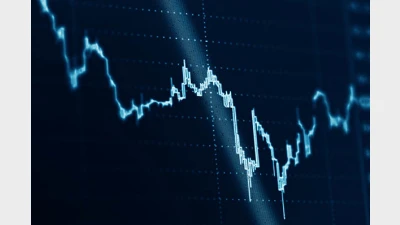US uncertainty drives investor sentiment


Slight improvements in sentiment among European and Asian investors this month were unable to make up for declining optimism among investors in North America and a 3.5 point drop in State Street’s Investor Confidence Index.
However, according to State Street Global Exchange senior managing director and head of research and advisory, Jessica Donohue, the “sizeable gap” between North American and Asian investors is closing.
In North America the index declined 7.6 points from 112.1 in August to 104.9 in September, while European confidence increased by 4.7 points to 101.7 and Asian confidence rose 2.1 points to 95.3.
“The fear of the Fed’s liquidity withdrawal has had a disproportionately larger impact in Asia where investors are also worrying about slower growth in China,” Donohue said.
“With the worst of those fears yet to materialize, it will be interesting to see if this sentiment gap diminishes further next month.”
Harvard University Professor Ken Froot said positive business confidence was a sign that investors would be resilient to the reduction in the Federal Reserve’s future asset purchases.
“September’s global reading on investor sentiment, taken before the FOMC’s (Federal Open Market Committee’s) decision to delay the taper, gave back some of the recent gains but remains robust,” he said.
Recommended for you
As market volatility persists, some super funds are pivoting defensively, while others are strategically positioning to capitalise on emerging opportunities.
New data has shown a progressive deterioration in risk appetite among instos even prior to Donald Trump’s latest round of tariffs.
UniSuper has reached “peak investment” in US assets and is now preparing to reassess its exposures amid ongoing sharemarket volatility.
Investors have slashed their US equity allocations to the lowest level on record, according to new data from Bank of America.













